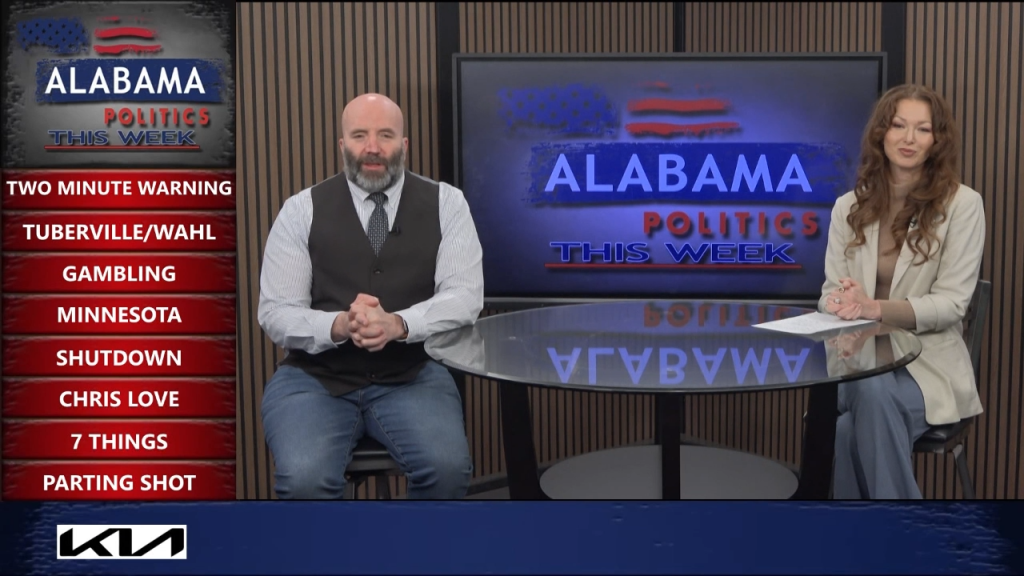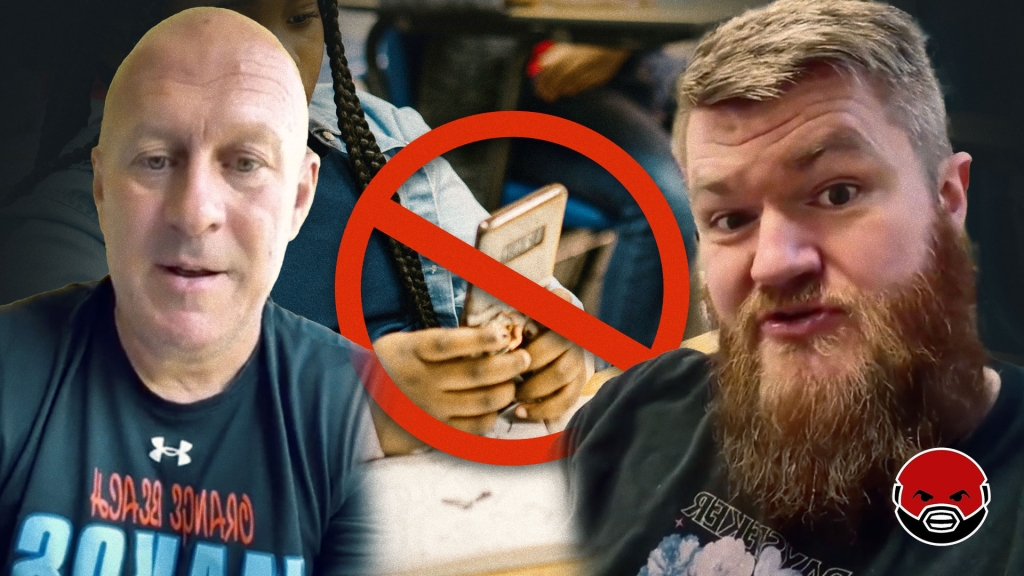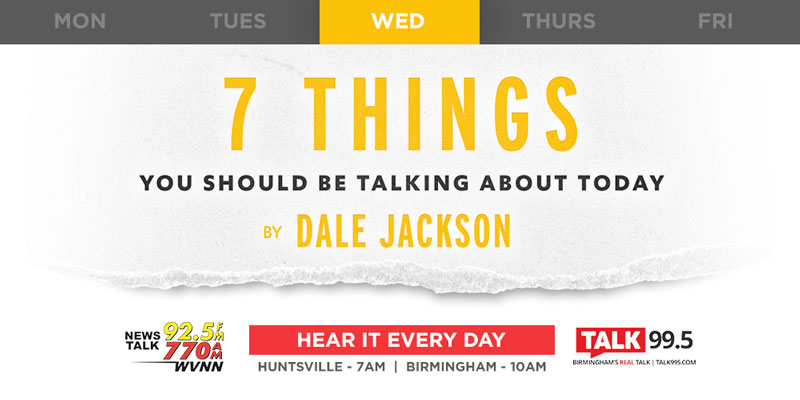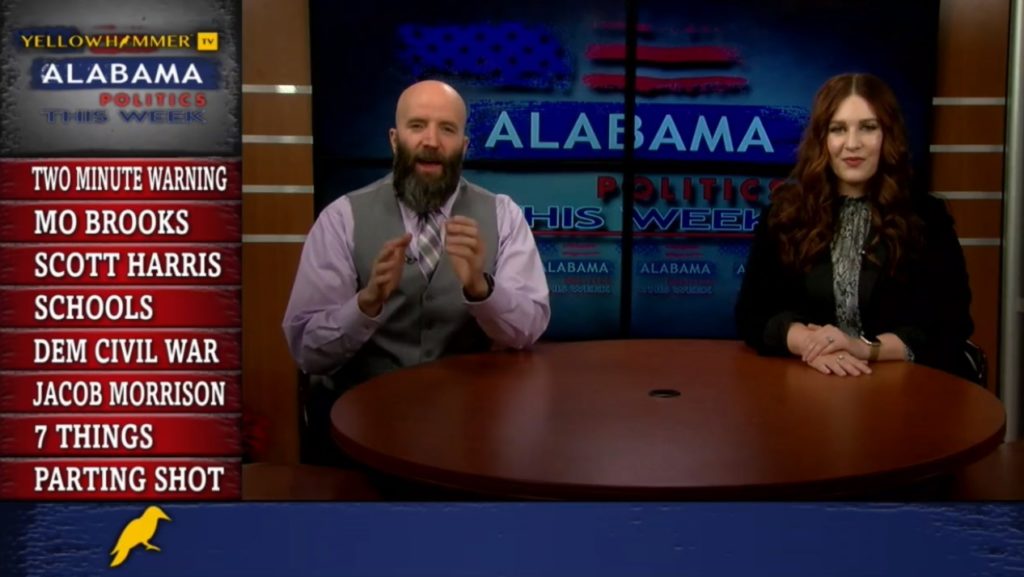7. New York has issued another health order that involves Alabama
- If you’re planning on traveling to New York from a state with a high coronavirus infection rate, you’ll be required to fill out a form to provide contact information and travel plans upon your arrival. Otherwise, you could face a $2,000 fine, as announced by New York Governor Andrew Cuomo.
- Alabama and 18 other states are included in the new health order, and while announcing the order on Twitter, Cuomo added, “We’re serious about enforcing quarantine.”
6. Budget deficit hit a record high
- The largest monthly deficit in the federal government’s history happened in June, according to the Treasury Department that reported a deficit of $864 billion.
- Last year, the budget deficit overall was $984 billion. In just the last 12 months, there’s been a deficit of $3 trillion due to stimulus and coronavirus relief spending boosting the federal debt to $26,485,086,596,340.40, which is obviously an all-time high.
5. 17 states and D.C. suing Trump administration
- The District of Columbia has joined 17 states with Massachusetts Attorney General Maura Healey in A lawsuit as an effort to block President Donald Trump’s decision to require foreign students to leave the country if their college or university remains only online for the fall semester.
- The lawsuit, which was filed against the U.S. Immigration and Customs Enforcement and the Department of Homeland Security, calls the decision “cruel, abrupt and unlawful.” They seek to prevent the decision from going into effect at all.
4. Selma schools to stay closed
- Selma City School Superintendent Avis Williams is recommending that students continue learning virtually at the beginning of the new school year, as well as suggesting that the school year starts on August 24 instead of August 10, saying it’s “the right decision for Selma.”
- Selma continues to see an increase in coronavirus cases. Williams said that the decision was somewhat made after hearing concerns from parents and teachers, with only 24% of parents planning to send their kids back to the classroom and only 4% of teachers being comfortable returning to school buildings.
3. The AEA wants schools delayed
- The Alabama Education Association has now entered the battle over the decision to open schools next month and are now calling for Governor Kay Ivey to keep the schools closed longer, citing safety and funding concerns. To further highlight how political it has become, teachers unions across the country are demanding a litany of political concessions, such as defunding the police, Medicare for All, higher taxes and a federal bailout before they want to return to school.
- As the media and their Democrats beat this drum about how dangerous schools are, the American people have turned completely against reopening schools with a new poll showing 71% of parents viewing send kids back to school as a large or moderate risk.
2. Officials are warning that more action is going to happen if cases keep going up
- Recently, there has been a generous spike of coronavirus cases across North Alabama, and while there has been a mask mandate issued in Madison County, it’s clear that we’re still heading in an unstable direction. District administrator from the Alabama Department of Public Health Judy Smith has said, “If we don’t do something, we’re going to go off the cliff.”
- Smith spoke at a Decatur briefing, where she also mentioned the nearly 5,000 coronavirus cases that Alabama had over the weekend. Currently, there are 131 hospitalizations and 267 new cases in Madison County. There are 2,535 cases in the North Alabama area, and at least 190 Huntsville Hospital employees are out of work as they await their test results.
1. 40,000+ absentee ballots requested
- With many citizens being concerned about the coronavirus and potential exposure at polling places, absentee ballots became a popular choice for voting. Alabama Secretary of State John Merrill’s Office has confirmed that 43,683 absentee ballots have been requested.
- The office said that 26,514 ballots had been returned just a day before the U.S. Senate runoff. Back on the March 3 primary, there had only been 18,279 absentee ballots used.












